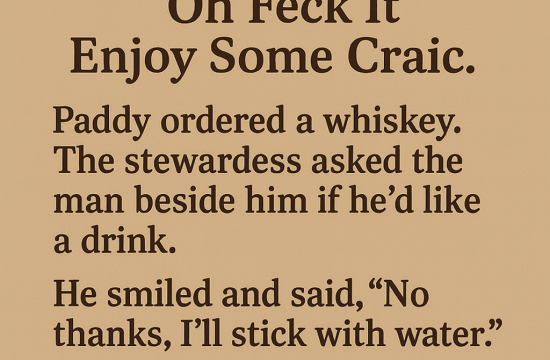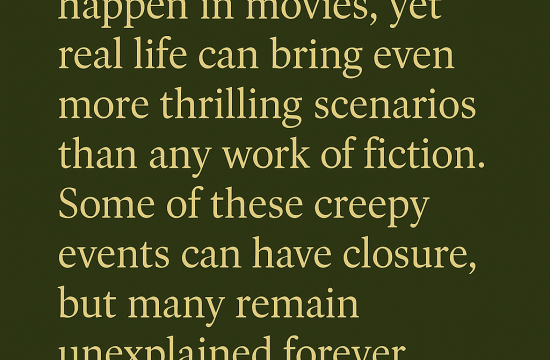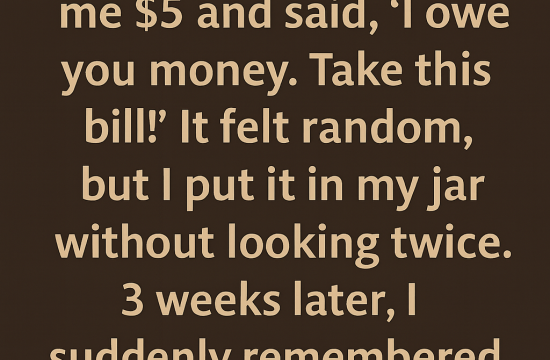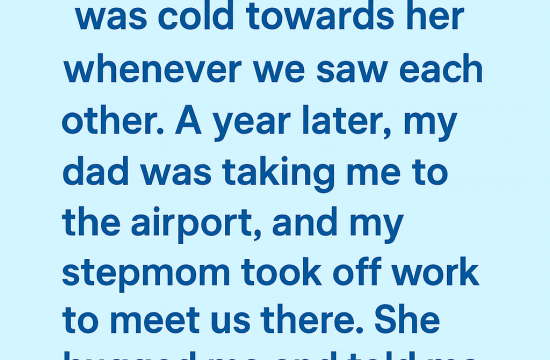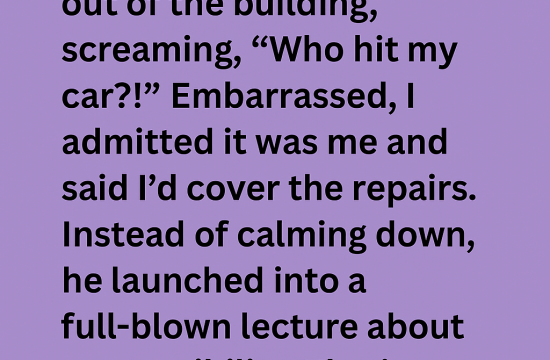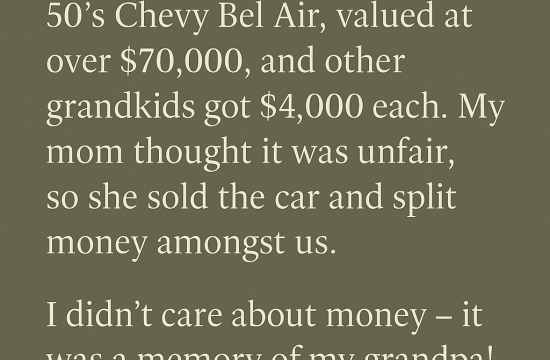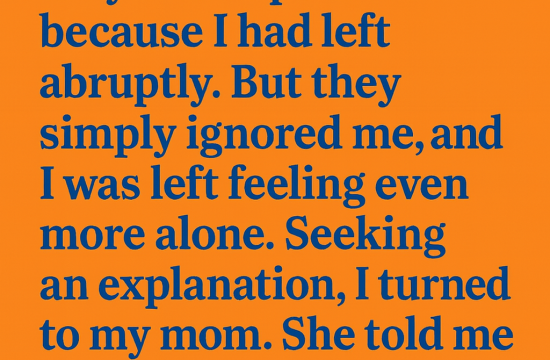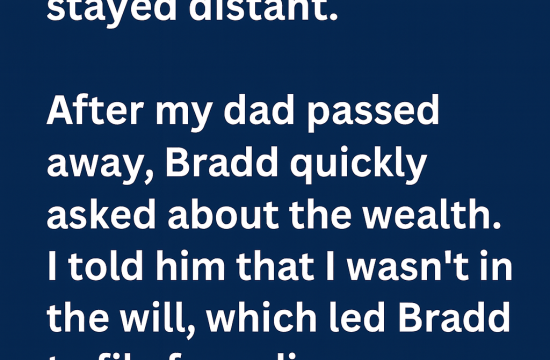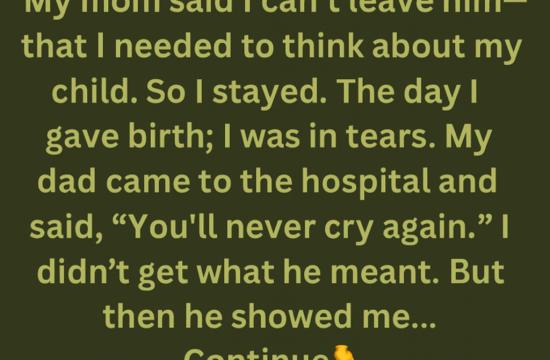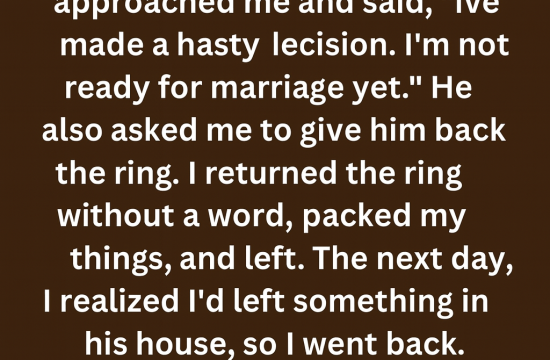When my dad left my mom for my high school best friend, I thought the betrayal couldn’t get worse—until the wedding invite came.
We showed up dressed to impress—but we weren’t there to celebrate. We were there to end the performance.
“My dad left my mom for my high school best friend.”
Sometimes I say it out loud just to believe it’s real.
Her name was Emma. We were best friends since we were ten. Sleepovers, birthday parties, secrets—she knew everything. She called my mom “Mama J.”
Now she calls my dad “babe.” Let that sink in.
Long before it all exploded, things at home were already fragile.
Mom worked two jobs—bank clerk by day, office cleaner by night. She held the family together with exhausted hands. She never complained. She made dinner, paid bills, packed lunches.
Dad? “Self-employed photographer.” Which really meant naps, Xbox, and long Facebook rants about how the world didn’t understand “creatives.”
When they divorced, I thought he’d at least try to be decent.
He wasn’t.
He lawyered up. Accused Mom of “emotional neglect.” Said she was too busy for him. He claimed part of her savings—the very money she’d built up over a decade.
Mom didn’t argue. Didn’t scream. She signed the papers, handed over the money, and walked out of that courtroom with her dignity intact.
“Emma can have him,” she said. “I just want peace.”
But peace doesn’t come easy when your whole life’s been disrespected.
Three months later, the whispers started. Emma had ghosted me when the divorce began, but I figured she was avoiding the drama. Then came the Instagram post.
A blurry photo. Her head on his shoulder. His hand on her thigh. Caption: “My person.”
I didn’t eat for two days.
Mom tried to hold herself together, but I saw the cracks. One night, she sat on the edge of her bed with an old photo from our Disney trip.
“He’s thirty years older than her,” she said. “Does that even matter anymore?”
“I don’t know,” I whispered. “But it matters to us.”
Then came the envelope.
Cream-colored. Gold trim. Heavy like a mistake. Inside: an invitation.
He was marrying Emma. They actually invited us.
Mom stared at it. Then she laughed. Not a happy laugh—a bitter, broken one.
“They actually think we’ll show up?”
“We are showing up,” she said, eyes narrowing. “But not to give blessings.”
The wedding was at a glitzy hotel—chandeliers, marble floors, gold-trimmed everything.
Mom wore navy blue and pearls. I wore black like I was in mourning. We smiled—polite, practiced, hollow.
“Keep your eyes open,” she said. “Smile like we belong.”
Emma looked like a bridal magazine cover. My dad stood beside her, beaming like he’d hit the jackpot.
“Let’s take a walk,” I whispered.
We wandered. Past the ballroom. Past the elevator. Then down a quiet hallway.
A door slightly ajar. A plaque: Private Lounge – Staff Only.
Laughter. Kissing. Giggling.
Then a voice—his.
“I told you to be quick,” she giggled.
“I am quick,” he whispered.
My stomach turned.
I peeked. There he was—my father, with a hotel waitress half his age, his hands wandering, his wedding ring still on.
I hit record.
He saw me. Froze.
“Wait—”
Too late.
Back in the ballroom, Emma took the mic.
“Thank you all for coming,” she said sweetly.
Dad smiled beside her, like he hadn’t just cheated on her at his own wedding.
I raised my hand.
“Hi. I’d like to say a few words.”
Emma hesitated, then nodded.
I walked up. Took the mic.
“I’m Claire. The groom’s daughter. And Emma? She used to be my best friend.”
Polite chuckles. Awkward glances.
“Can I play something?” I asked the DJ.
He shrugged. I connected my phone.
The video played.
Gasp. A glass dropped. Someone cursed under their breath.
Emma’s smile vanished.
“What the hell is this?”
“It’s who he is,” I said. “Good luck.”
The room exploded.
People whispered, then shouted. Some walked out. Emma screamed at my dad. A bridesmaid sobbed. The wedding cake hit the floor.
Dad stood frozen. Speechless. Ashen.
Mom joined me at the front.
“Ready?” she said.
“Let’s go.”
And we walked out. Heads high.
Two days later, the phone rang.
It was Rebecca—Emma’s mother.
“I had no idea,” she said. “About the affair. The betrayal. The legal mess. I’m ashamed.”
We listened silently.
“I saw the video. I saw what he did. And what he took from your mom. I’m a lawyer… and what he did wasn’t just immoral. It was illegal.”
She offered to help. No fee. Just justice.
Mom hesitated. But finally, she said,
“Let’s do it.”
The court case moved fast.
Documents. Records. Testimonies.
And that video.
Mom stood like stone. Calm. Honest. Brave.
The judge listened. Read. Replayed the footage.
Then he ruled.
She won. Every penny. Every bit of dignity he tried to steal—restored.
As we left the courthouse, Mom squeezed my hand.
“I didn’t think I’d ever feel whole again.”
“Now you can,” I whispered.
Rebecca visited days later with the final papers. She lingered at the door.
“I’m sorry,” she said. “I raised her better than this.”
Mom studied her. Quiet.
Then nodded.
“I believe you.”
Sometimes, healing doesn’t start with revenge. It starts with being seen. With unexpected kindness. With knowing that the people who break you—don’t get to define you.


